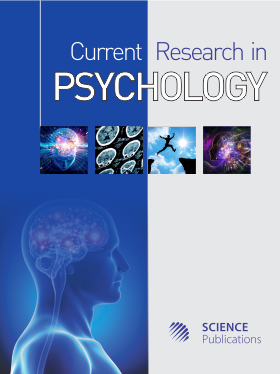PSYCHOLOGICAL DETERMINANTS OF EMOTIONAL EATING: THE ROLE OF ATTACHMENT, PSYCHOPATHOLOGICAL SYMPTOM DISTRESS, LOVE ATTITUDES and PERCEIVED HUNGER
- 1 Bond University, Australia
Abstract
The present study aimed to investigate the psychological determinants of emotional eating in a national and international sample of healthy weight, overweight and obese adults (N = 226). Specifically, attachment styles, psychopathological symptom distress and love attitudes were explored for their ability to predict emotional eating. Findings supported the suggestion symptom distress may particularly predispose individuals to engaging in emotionally motivated overeating, with a large effect size observed. Preoccupied attachment was also a significant predictor of emotion eating, even after controlling for state-based inferences. However, there were no significant contributions of secure, fearful-avoidant, or dismissive-avoidant attachment style in the prediction of emotional eating. Similarly, none of the five primary love languages (e.g., words of affirmation, physical touch, receiving gifts and physical touch) accounted for a significant amount of variance in emotional eating. A mediating role of perceived hunger in the prediction of emotional eating from attachment-anxiety was also observed. Contributions and limitations of the present study, as well as recommendations for future research are also discussed.
DOI: https://doi.org/10.3844/crpsp.2014.77.88

- 4,690 Views
- 2,840 Downloads
- 7 Citations
Download
Keywords
- Emotional Eating
- Attachment
- Love Attitudes
- Psychopathology
